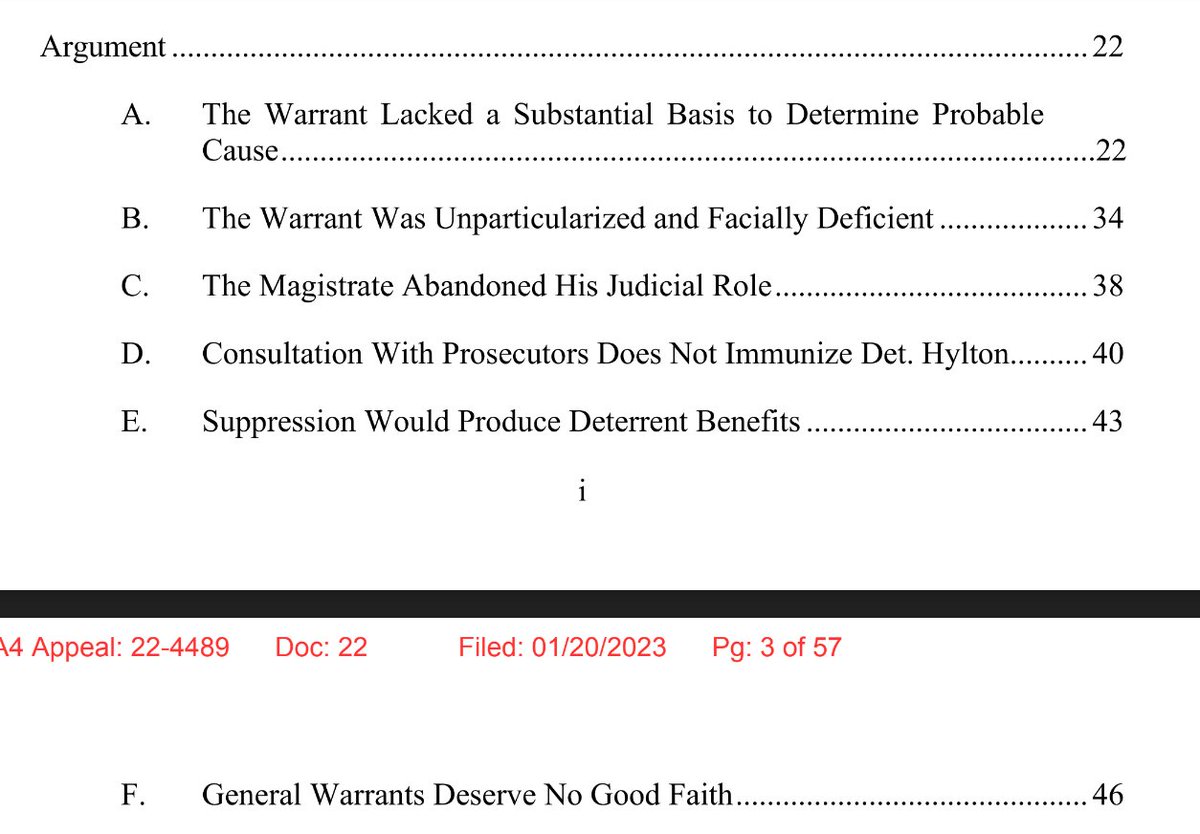
CA4: While we can't assume everyone has electronic storage devices, here there was sufficient basis to search for and seize such devices w/ the warrant: This crime involved an e-mailed threat, and most people own cell phones.
🧵
govinfo.gov/content/pkg/US… #N


🧵
govinfo.gov/content/pkg/US… #N



I am not sure I get the reluctance of courts to just assume that people have electronic storage devices. The % of cell phone ownership is extremely high, see below. And as Carpenter said, you can't participate in modern life w/o such devices. pewresearch.org/internet/fact-… 

I would think the issue in most of these cases is less whether the person has a device than whether evidence of that particular crime is likely to be on the device.
Also, note that the plain view aspect of the case wasn't challenged. This was a search for evidence about threats that became a CSAM case when they came across that in plain view. But under the 4th Circuit's ruling in US v. Williams, 592 F.3d 511 (2010), that's okay.
And just to be overly careful, they got lots of warrants -- 3 of them. I don't think that is needed under Williams, but perhaps they realize Williams is on thin ice; getting lots of warrants hopefully gets you in good faith territory if that plain view rule changes. 

• • •
Missing some Tweet in this thread? You can try to
force a refresh











